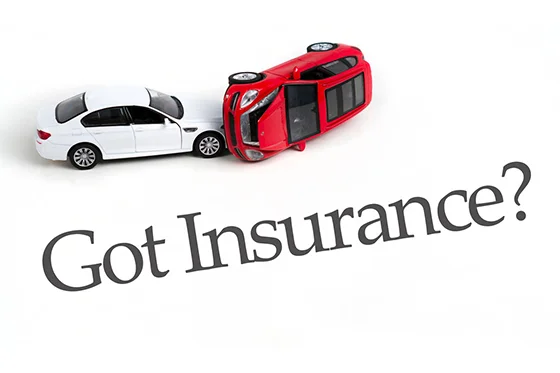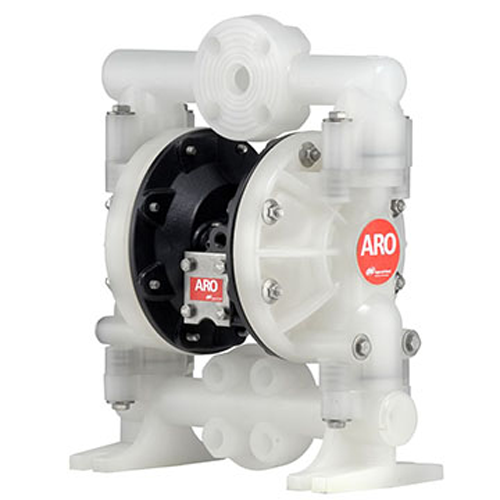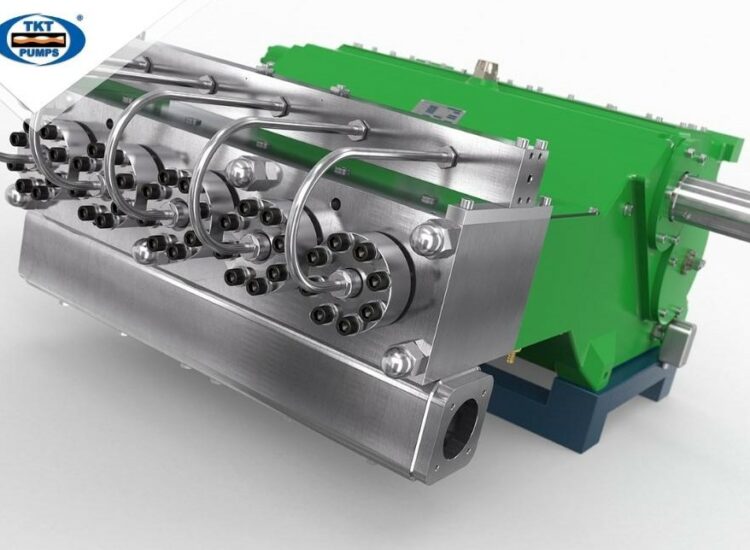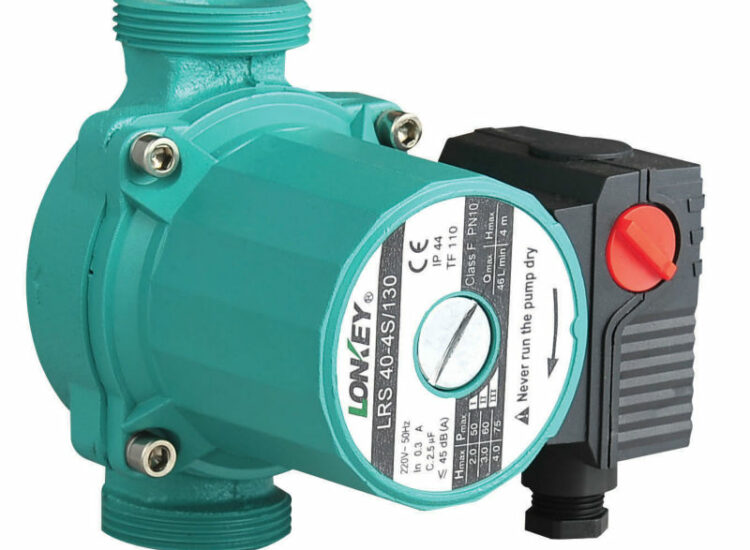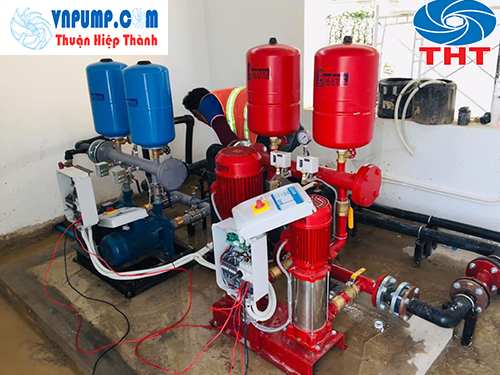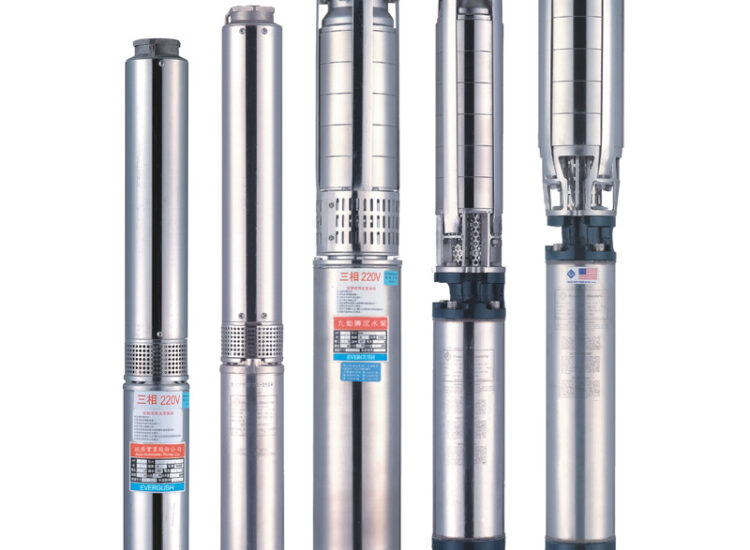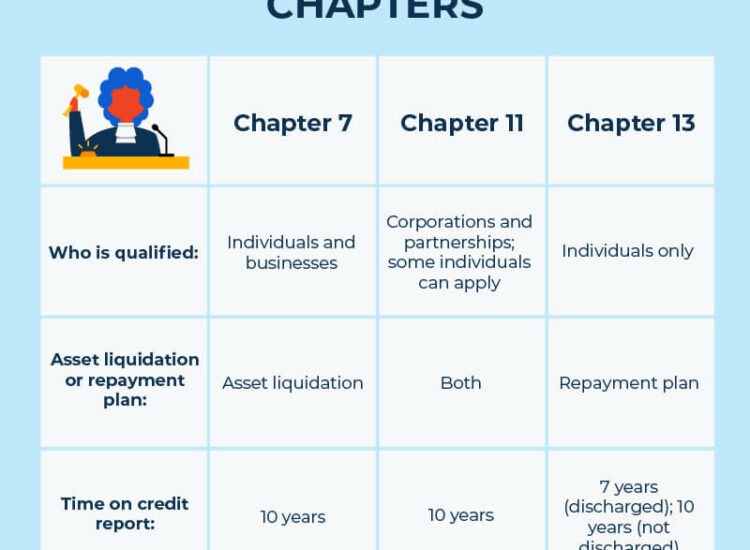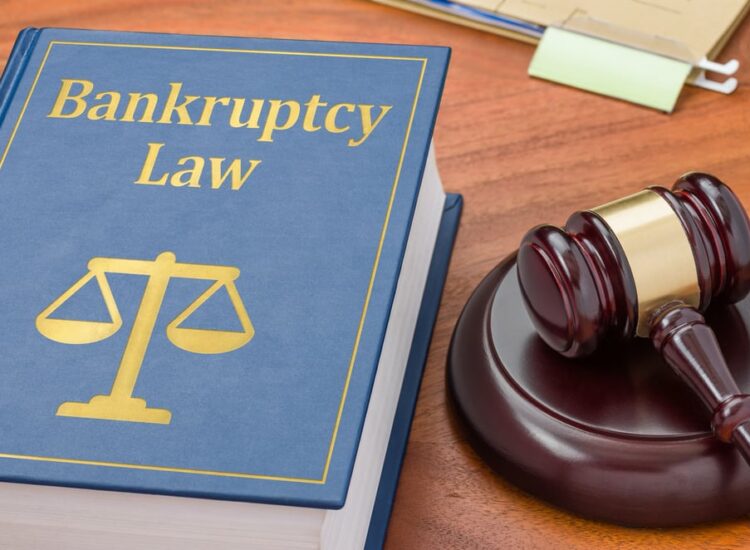In the complex and ever-changing landscape of commerce, businesses, regardless of their size or sector, face an array of potential risks on a daily basis. These risks are not confined to major disasters; they include common occurrences like accidents on the premises, damages caused by business operations, or even issues arising from products sold. While implementing safety protocols and operational best practices is essential, it’s impossible to eliminate all potential liabilities and financial exposures. This is where General Commercial Insurance steps in as a fundamental and often mandatory safeguard. General Commercial Insurance, also broadly referred to under the umbrella term of business insurance, represents the foundational layer of protection designed to shield a company from the financial repercussions of common, everyday risks associated with its operations. While the term can sometimes encompass a range of basic coverages, it most often refers specifically to Commercial General Liability Insurance. Understanding General Commercial Insurance is paramount for any business owner committed to stability, compliance, and mitigating the financial impact of unforeseen events. This comprehensive guide will define what is general commercial insurance, explain its crucial role in protecting your day-to-day operations, explore the key components it entails and how it fits within broader types of commercial insurance, and discuss the factors influencing commercial insurance cost and the essential process of getting commercial insurance. Securing an adequate commercial insurance policy, starting with this general coverage, is a cornerstone of responsible business risk management.
Toc
Understanding General Commercial Insurance: The Foundational Layer of Business Protection

For most businesses, interacting with the public, operating from a physical location, or even engaging in standard business activities creates inherent liabilities. General Commercial Insurance is specifically designed to address these broad, fundamental risks that almost any business could encounter. It is often the first type of business insurance a company obtains.
What is General Commercial Insurance? Defining the Essential Coverage
At its core, General Commercial Insurance refers to the fundamental insurance coverage that protects a business from a wide range of common liability claims that arise from its general operations. While the term can sometimes be used more broadly to include basic property coverage, it most frequently points to Commercial General Liability Insurance (CGL). Commercial General Liability Insurance is a standard policy that provides financial protection against claims of bodily injury or property damage suffered by third parties (individuals or entities not employed by the business) due to the business’s negligence, operations, or premises.
For example, if a customer visits your store and slips on a wet floor, sustaining an injury, Commercial General Liability Insurance would typically cover the medical expenses and legal costs if the customer sues your business. Similarly, if an employee accidentally damages a client’s property while working on-site, this policy would likely cover the repair or replacement costs. It also often includes coverage for claims of personal injury (like libel or slander) and advertising injury (like copyright infringement) that occur during the course of your business activities. In essence, General Commercial Insurance, particularly the general liability component, is about providing a broad shield against the financial impact of common accidents, injuries, and property damage that a business might inadvertently cause to others. It is a foundational layer of business insurance that addresses the most prevalent liability exposures.
Why This General Business Insurance is Crucial for Day-to-Day Operations

The necessity of General Commercial Insurance for daily business operations cannot be overstated. It is not merely a regulatory hurdle or an optional expense; it is a vital safety net that protects the business from the unpredictable nature of public interaction and operational activities. Without adequate General Commercial Insurance, even a relatively minor incident could lead to significant financial consequences that threaten the very existence of the business.
Consider the potential costs involved in a liability claim. If a third party is injured due to your business’s alleged negligence, their medical bills could be substantial. Furthermore, legal fees associated with defending your business in court, regardless of the outcome, can quickly accumulate into tens of thousands of dollars. If your business is found liable, a settlement or court-ordered judgment could amount to hundreds of thousands or even millions of dollars. General Commercial Insurance, specifically Commercial General Liability Insurance, is designed to cover these costs, up to the policy limits. This provides essential financial protection, preventing a single lawsuit from bankrupting the business. It allows business owners to operate their day-to-day activities knowing that they have coverage for common, albeit potentially costly, liability risks. This makes General Commercial Insurance a cornerstone for maintaining operational stability and peace of mind.
Moreover, General Commercial Insurance is often a requirement for doing business. Many landlords require tenants to carry General Commercial Insurance (specifically CGL) as a condition of their lease agreement to protect the property owner from liabilities arising from the tenant’s operations. Similarly, many clients, especially larger organizations, will require vendors and contractors to demonstrate proof of General Commercial Insurance before entering into a contract. This is done to ensure that the vendor has the financial capacity to cover potential damages or injuries they might cause. Therefore, having General Commercial Insurance is frequently a prerequisite for securing contracts and operating legitimately within certain industries or markets. This makes this general business insurance not just a protective measure, but often a key to unlocking business opportunities.
The Role of General Commercial Insurance in Comprehensive Risk Mitigation
In the broader context of business risk management, General Commercial Insurance plays a specific and vital role: the transfer of common liability risk. Business risk management involves identifying potential threats, assessing their likelihood and impact, and developing strategies to 1 handle them. These strategies typically include risk avoidance, risk reduction (mitigation), risk acceptance, and risk transfer.

General Commercial Insurance is the primary tool for risk transfer when it comes to common third-party liabilities. While a business can implement safety measures (risk reduction) or avoid certain activities (risk avoidance), it cannot entirely eliminate the possibility of a customer having an accident on the property, an employee causing accidental damage off-site, or a claim arising from a product used by a consumer. For these residual, unavoidable risks, General Commercial Insurance allows the business to transfer the potential financial burden to an insurance company. Instead of the business bearing the full, unpredictable cost of a large liability claim, it pays a regular, predictable premium to the insurer, who then assumes the financial responsibility for covered losses up to the policy limits.
This risk transfer is a fundamental principle of insurance and a cornerstone of sound business risk management. It allows the business to budget for the cost of risk (the premium) rather than being exposed to potentially ruinous, unbudgeted expenses from a liability claim. While comprehensive business risk management involves more than just insurance, General Commercial Insurance is often the first and most critical layer of financial protection put in place to cover the most common types of risks faced by a business during its daily operations. It ensures that the business has a defense against the unpredictable and potentially devastating costs associated with third-party bodily injury or property damage claims.
Key Components of General Commercial Insurance and Related Essential Coverages

While the term General Commercial Insurance often emphasizes Commercial General Liability Insurance, a truly comprehensive approach to protecting a business involves considering this foundational layer alongside other essential types of commercial insurance. Understanding these related coverages helps build a robust commercial insurance policy.
The Core: Commercial General Liability Insurance Explained
As the central component typically referred to by General Commercial Insurance, Commercial General Liability Insurance (CGL) provides essential protection against a range of common liability exposures. Its coverage is usually structured around several key areas:
- Bodily Injury and Property Damage Liability: This is the most fundamental part of CGL. It covers claims arising from bodily injury or property damage caused to third parties as a result of your business operations, your products, or incidents occurring on your business premises. This would cover medical expenses for an injured visitor, the cost of repairing a client’s damaged property, and the legal fees and settlement costs if your business is sued over such incidents.
- Personal and Advertising Injury Liability: This coverage extends beyond physical injury or property damage. It protects your business against claims of non-physical harm caused to others, such as libel or slander (personal injury), or copyright infringement, defamation, or invasion of privacy in your advertising or promotional activities (advertising injury). This is particularly relevant in today’s digital marketing landscape.
- Medical Payments: This coverage (often included in CGL) pays for immediate medical expenses for someone injured on your business premises, regardless of who was at fault, up to a specified limit. This can help resolve minor incidents without leading to larger liability claims.
Commercial General Liability Insurance provides coverage for both the costs of defending against covered lawsuits and the costs of settlements or judgments awarded against your business, up to the policy limits. It is designed to cover a broad range of common liabilities, making it the bedrock of a commercial insurance policy for most businesses. When seeking General Commercial Insurance, CGL is the absolute must-have component.
Protecting Physical Assets with Commercial Property Insurance
While General Commercial Insurance focuses on liability (damage or injury to others), a critical complementary coverage, sometimes implicitly included under a broader “General” package for small businesses (like a Business Owner’s Policy – BOP), is Commercial Property Insurance. This type of business insurance protects the business’s own physical assets from loss or damage.
Commercial Property Insurance covers the physical location of your business (if you own the building), as well as the contents within it, such as equipment, machinery, furniture, fixtures, inventory, and supplies. Coverage is typically triggered by specific perils listed in the policy (named perils) or covers all perils except those specifically excluded (all-risk or open perils). Common covered perils include fire, smoke, windstorms, hail, theft, and vandalism. This commercial insurance policy provides the funds necessary to repair or replace the damaged or destroyed property, allowing the business to rebuild and resume operations. For any business that owns or relies heavily on physical assets to operate, Commercial Property Insurance is just as essential as General Commercial Liability Insurance for protecting the business’s financial stability against unforeseen events. It’s a vital part of a comprehensive commercial insurance policy.
Other Vital Types of Commercial Insurance for Broader Protection
Beyond General Commercial Liability Insurance and Commercial Property Insurance, businesses need to consider other essential types of commercial insurance to address risks not covered by these general policies. While not always considered part of the core General Commercial Insurance package, they are crucial for complete business insurance coverage.
- Workers’ Compensation Insurance: As mentioned previously, this is legally required for most employers and covers medical costs and lost wages for employees injured on the job. It is a distinct type of business insurance from general liability.
- Commercial Auto Insurance: Covers vehicles used for business purposes, including liability for accidents and physical damage to the vehicles. Standard General Commercial Insurance does not cover auto-related risks.
- Professional Liability Insurance (E&O): Covers financial losses incurred by clients due to errors, omissions, or negligence in professional services or advice. This is crucial for service-based businesses and is not covered by CGL.
- Business Interruption Insurance: Provides financial support (lost income, extra expenses) if a covered peril forces the business to temporarily shut down. This policy is triggered by damage covered under Commercial Property Insurance.
- Cyber Liability Insurance: Covers costs associated with data breaches, cyberattacks, and network security failures, including notification costs, legal fees, and regulatory fines. With increasing cyber threats, this is becoming essential.
- Commercial Umbrella Insurance: Provides an extra layer of liability protection that goes into effect when the limits of other liability policies (like General Commercial Liability Insurance, Commercial Auto Insurance, or Workers’ Compensation Insurance) are exhausted.
Building a robust commercial insurance policy involves combining General Commercial Insurance (primarily CGL and often property) with other relevant types of commercial insurance based on the specific risks faced by the business to ensure comprehensive protection.
Acquiring General Commercial Insurance: Factors, Cost, and the Process
Securing the right General Commercial Insurance, along with other necessary coverages, is a process that involves careful consideration of risks, understanding pricing, and navigating the application steps. The goal is to find an adequate commercial insurance policy that fits your business risk management strategy and budget.
Factors Influencing the Commercial Insurance Cost for General Coverage
The premium you pay for General Commercial Insurance (specifically CGL) and other types of commercial insurance is influenced by various factors. Insurance providers assess the level of risk they are taking on when insuring your business.
Key factors impacting the commercial insurance cost for General Commercial Insurance include:
- Industry Classification: Certain industries are inherently riskier than others in terms of potential liability claims (e.g., construction, restaurants, retail with high foot traffic). This is a major factor in determining the base premium for General Commercial Liability Insurance.
- Business Location: Location matters due to varying crime rates, local regulations, and potential exposure to natural disasters (which impacts property coverage and can indirectly affect liability).
- Business Size: Measured by factors like annual revenue, number of employees, and square footage of the premises. Higher revenue or more extensive operations can mean greater exposure to potential claims, increasing the commercial insurance cost.
- Claims History: A history of previous liability claims or property losses will typically lead to higher premiums for both General Commercial Liability Insurance and Commercial Property Insurance.
- Coverage Limits and Deductibles: Higher limits on your Commercial General Liability Insurance (e.g., $2 million instead of $1 million) will increase the premium. Choosing a higher deductible will lower the premium (commercial insurance cost).
- Risk Management Practices: Demonstrating proactive business risk management efforts, such as having formal safety programs, security systems, or specific training for employees, can sometimes lead to discounts on your General Commercial Insurance premium.
- Operational Specifics: Details about your daily operations, such as whether you work at client sites, handle potentially hazardous materials, or manufacture products, will influence your liability risk and thus the commercial insurance cost for General Commercial Liability Insurance.
Understanding these factors helps businesses estimate their likely commercial insurance cost for General Commercial Insurance and identify ways to potentially reduce premiums through risk mitigation.
Obtaining General Commercial Insurance and other necessary types of commercial insurance involves a systematic approach to ensure you are properly covered. The process focuses on accurately representing your business and its risks to potential insurers.
- Conduct a Thorough Risk Assessment: Identify all potential exposures specific to your business. This involves looking at your operations, property, employees, interactions with third parties, and potential for financial or reputational damage. This forms the basis for determining the necessary types of commercial insurance, starting with the need for General Commercial Liability Insurance.
- Determine Coverage Needs: Based on your risk assessment and legal/contractual requirements, decide on the specific types of commercial insurance needed (CGL, property, workers’ comp, auto, professional liability, etc.) and the appropriate coverage limits for each.
- Gather Business Information: Prepare detailed information about your business, including its legal structure, industry classification (NAICS or SIC code), years in operation, annual revenue, number of employees, payroll details (for workers’ comp), location(s), claims history, and operational details.
- Shop Around for Quotes: Contact multiple insurance carriers or, ideally, work with an independent insurance agent. An independent agent can represent multiple insurers and help you compare quotes for the necessary types of commercial insurance. Provide the detailed business information to each potential insurer to get accurate quotes for your commercial insurance cost.
- Compare Quotes and Insurers: Evaluate quotes based not only on the commercial insurance cost (premium) but also on the coverage details provided, exclusions, the insurer’s financial stability, and their reputation for handling claims. Ensure the quotes cover all the necessary types of commercial insurance with the desired limits and deductibles.
- Review the Commercial Insurance Policy: Before purchasing, carefully read the complete commercial insurance policy document for each coverage you select. Understand the terms, conditions, coverage periods, limits, and all exclusions. Ask your agent or the insurer questions about anything that is unclear.
- Bind Coverage: Once satisfied, finalize the purchase by signing the policy documents and making the initial premium payment. Your commercial insurance policy is then active.
- Maintain and Review: Getting commercial insurance is not the end of the process. Regularly review your commercial insurance policy (at least annually or when your business changes significantly) with your agent to ensure coverage remains adequate for your evolving business risk management needs.
This structured process helps ensure that when you are getting commercial insurance, starting with General Commercial Insurance, you are making informed decisions to protect your business effectively.
Selecting the Right General Commercial Insurance Policy and Ongoing Management
Choosing the right General Commercial Insurance policy involves making specific decisions about coverage details within the policy itself and integrating it into your ongoing business risk management.
Key policy details to consider when selecting a General Commercial Liability Insurance policy (and other coverages) include:
- Aggregate Limits: The maximum amount the insurer will pay out over the entire policy period for all covered claims.
- Occurrence Limits: The maximum amount the insurer will pay out per single covered incident or occurrence. Ensure these limits are adequate for potential lawsuits or damages in your industry.
- Deductibles: The amount you pay out-of-pocket per claim before the insurance coverage begins. Choose a deductible you can comfortably afford.
- Policy Period: Typically 12 months.
- Exclusions: Reiterate the importance of understanding what is not covered by the policy. Common exclusions in CGL might include professional services (requiring E&O), auto accidents (requiring commercial auto insurance), employee injuries (requiring workers’ compensation insurance), intentional acts, or punitive damages.
Working with an experienced insurance agent is highly recommended when selecting your General Commercial Insurance policy and other coverages. An agent specializing in commercial insurance can help you assess your unique risks, recommend appropriate coverage types and limits, explain the nuances of different policies and exclusions, compare quotes from various insurers to find competitive commercial insurance cost, and assist you throughout the application and claims processes. Their expertise ensures you build a comprehensive commercial insurance policy tailored to your business risk management needs. Ongoing management involves not just paying premiums but also reporting potential claims promptly, maintaining records, and reviewing your coverage annually to ensure it keeps pace with your business’s growth and changing risks.
In conclusion, General Commercial Insurance, with Commercial General Liability Insurance as its core component, is the essential foundational layer of business insurance that protects companies from common, everyday liability risks such involving bodily injury or property damage to third parties. Understanding what is general commercial insurance, its crucial role in daily operations and business risk management, and how it fits alongside other vital types of commercial insurance like Commercial Property Insurance, Workers’ Compensation Insurance, and Commercial Auto Insurance is paramount. The commercial insurance cost for these coverages is influenced by industry, size, location, and claims history. Getting commercial insurance involves a deliberate process of risk assessment, determining needs, shopping for quotes, and carefully reviewing the commercial insurance policy terms, limits, and deductibles. By securing adequate General Commercial Insurance and complementing it with other necessary policies, businesses can effectively transfer significant risks, safeguard their financial stability, and build a robust framework for long-term success in the face of uncertainty.

